Exact Answer: For about 24-48 hours
Chorionic villus sampling (CVS)is a test done by taking samples of cells from the chorionic villi. CVS test is done to determine chromosomal or disorders in the fetus. After the CVS test, you may find cramps similar to period pain and it is considered to be a normal effect. Light vaginal bleeding or spotting could be seen for a few hours after CVS has been done.
The pain could be released by taking paracetamol. It is best to avoid vigorous activities and rest for at least 24 hrs after the CVS test. If the symptoms or after-effects of CVS continue with heavy bleeding, severe pain or high temperature then contact your doctor or hospital members as soon as possible.
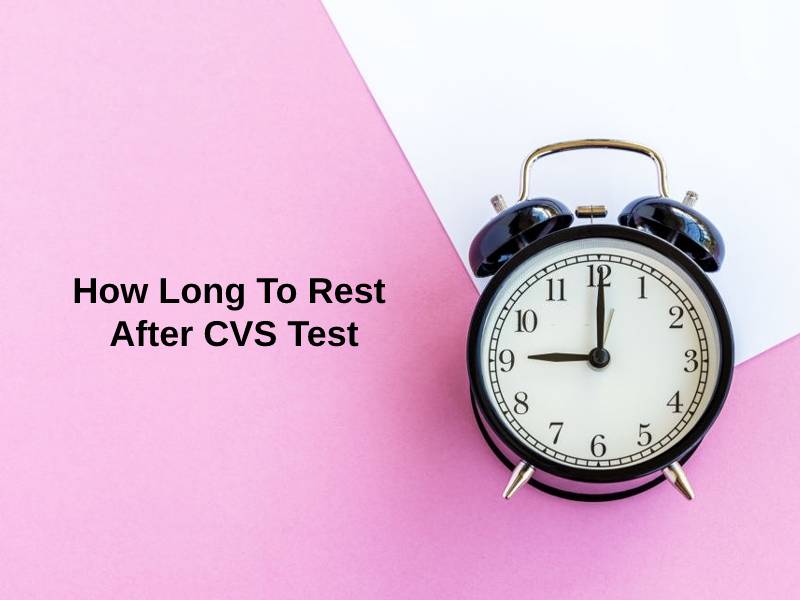
How Long To Rest After CVS Test?
| Type | Time |
| Normal case | 24 hours |
| In case of complications | 48 hours |
During the test, an ultrasound scan is continuously guiding them to do it most safely. Using an ultrasound scan they can determine the amniotic sac is well protected and nothing goes inside the sac during the CVS test. The test could be performed in two different ways one is transabdominal CVS and another technique is transcervical CVS.
During the transabdominal test, the pregnant woman is laid down and a local anesthetic injection is used to numb the abdomen. A needle is inserted through your placenta using the images of an ultrasound scan. A syringe is attached to the middle which is used to take out a sample of cells from chronic villi.
In the transcervical CVS test, the sample of chorionic villi was collected through the cervix. A small tube was inserted inside the cervix through the vagina and the tube is attached with a syringe and guided towards the placenta using the images of the ultrasound scan. In most cases, transabdominal is prescribed as it is an easier procedure than the other one. But if it’s easier to reach your placenta through the cervix then transcervical may be preferred first.

Vaginal bleeding is more likely to happen in the case of transcervical CVS immediately after the procedure. If you experience spotting or bleeding after the procedure use sanitary pads and avoid using tampons. Don’t have sexual intercourse or bath in a swimming pool for at least 3 days until your bleeding stops. The period pain feeling may persist for 24 hrs, you can go for painkillers like paracetamol.
Why Should One Rest So Long After CVS Test?
Most of the women can resume their household activities the day after the CVS. There is no such preparation before going to CVS. You can have your meal and drink water as normal. But you asked to avoid going to the toilet because it is easier to do the test with full bladder condition. Your doctor or the attendant would give you such instructions before the test. CVS test is considered uncomfortable rather than painful because the way of doing the test is a bit uncomfortable for women.
The needle inserted during the test may result in a sore tummy afterward. Although the whole consultation procedure takes 30 minutes to complete, the CVS test takes 10 minutes to complete on its own. After the test, the doctor will ask you to stay for the next 1 hr to monitor whether you find any side effects like heavy bleeding or cramps. After that, you can go home and take a rest for an additional one day to avoid all other complications.

It is estimated that CVS gives definitive results. Out of 100 women, it gives correct information to 99 which means it is 98-99 percent accurate. But it can’t give results for every condition. The procedure of the CVS test can identify the sex of the fetus and the chromosomal or genetic abnormalities associated with that gender. Like muscular dystrophy which affects mostly males. But it can’t identify all birth defects associated with the baby.CVS is not a test that will be offered to everyone.
Conclusion
Mostly chorionic villus sampling (CVS) test is prescribed to women with a family or medical history which suggests an increased chance of an unhealthy baby with a chromosomal or genetic disorder. There are some chromosomal conditions like Down’s syndrome, Edward’s syndrome, or sickle cell Anemia. After knowing these conditions it’s your choice to continue with your pregnancy or to quit pregnancy. You may prepare for such conditions so that you could fight for those future situations.
The first result should be available to you within 3 days but if it needs other more tests then it may need 3 weeks or more. The results would tell you whether there are any chromosomal conditions or genetic conditions that have been found out or not.

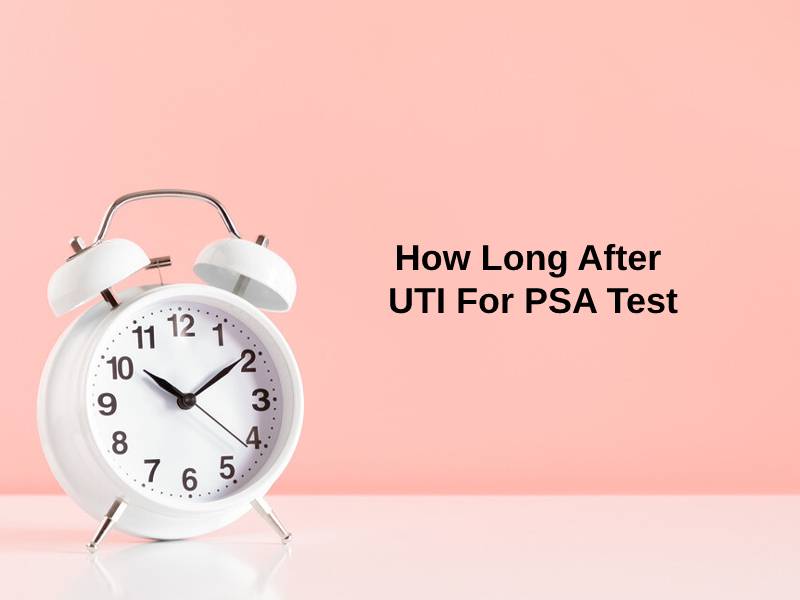
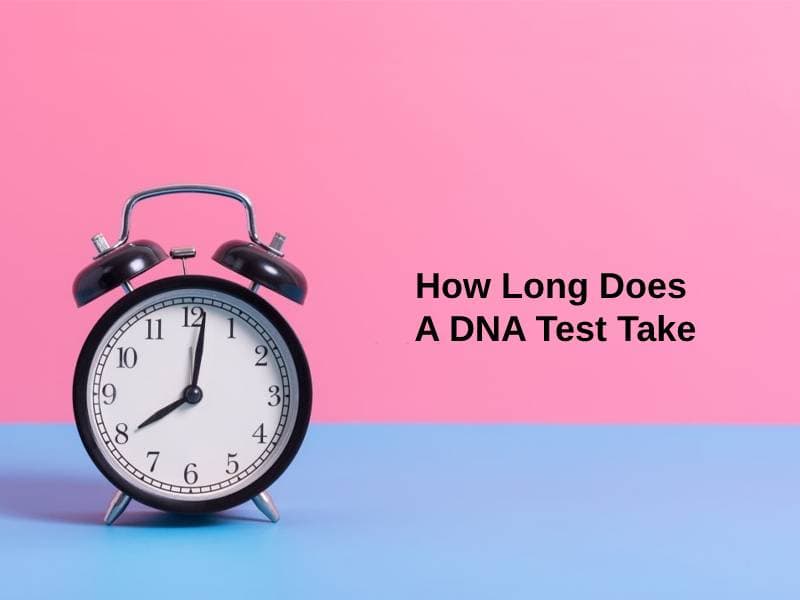
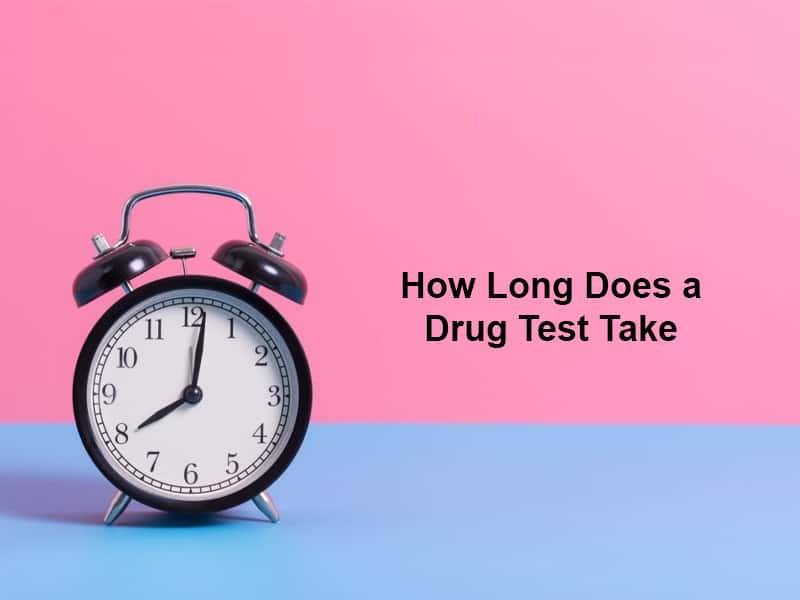
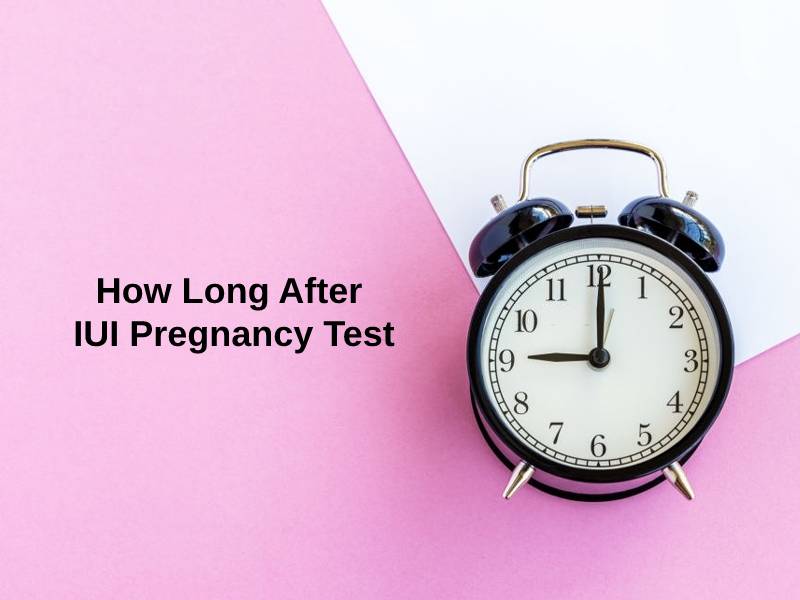
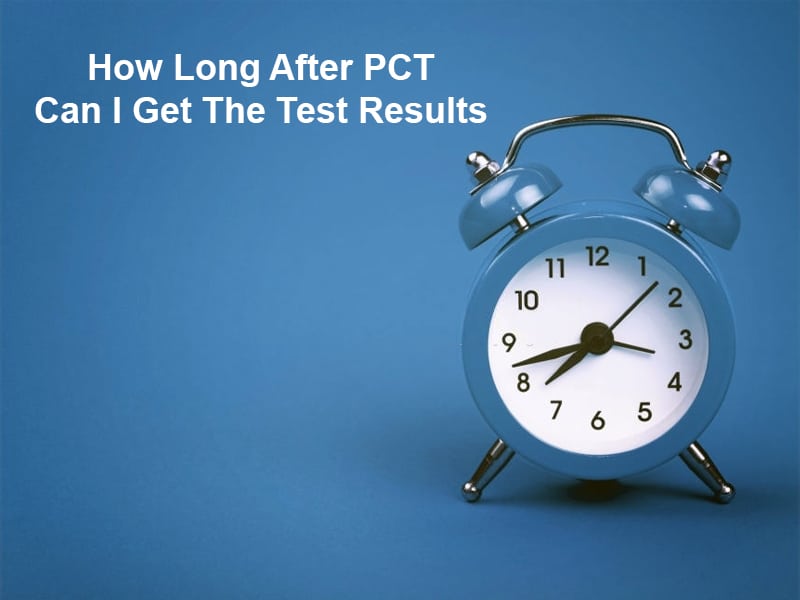
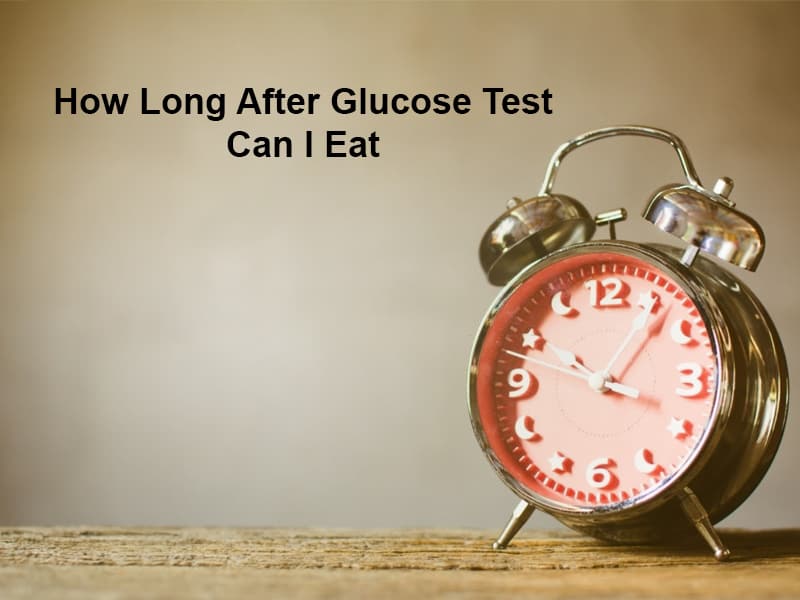
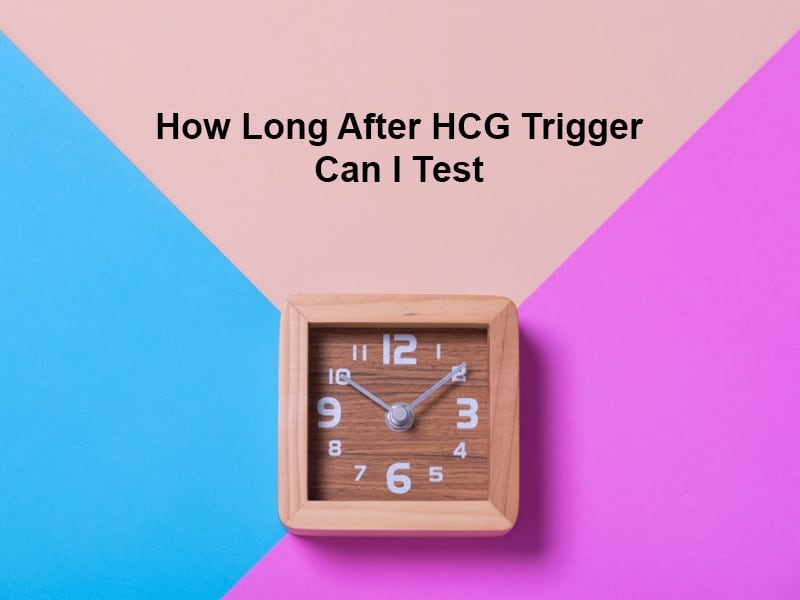
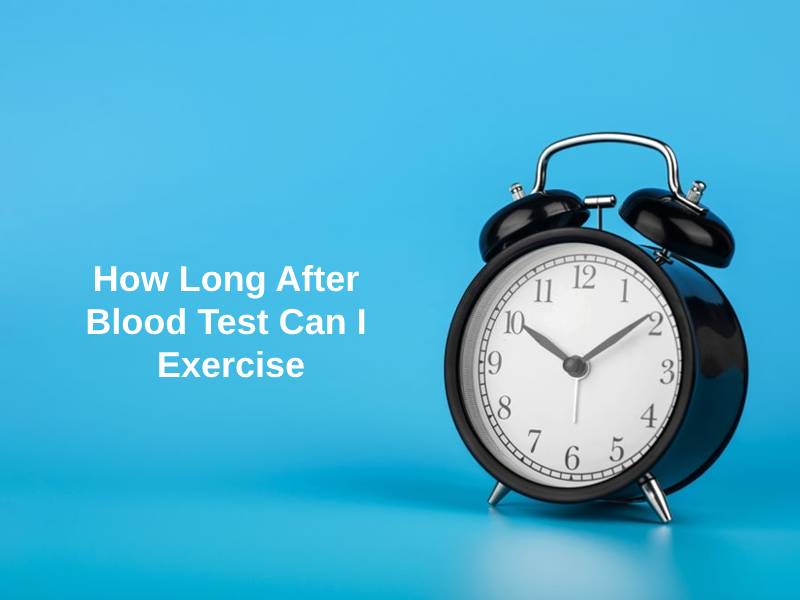
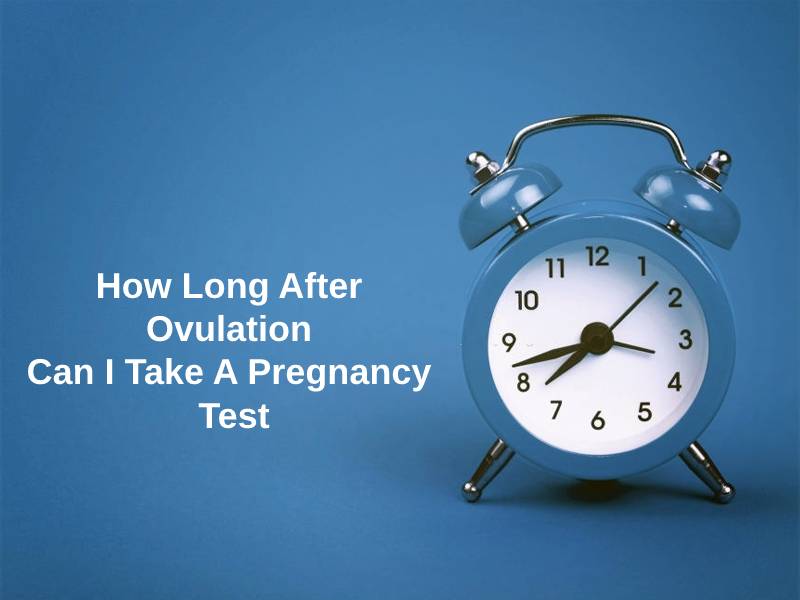
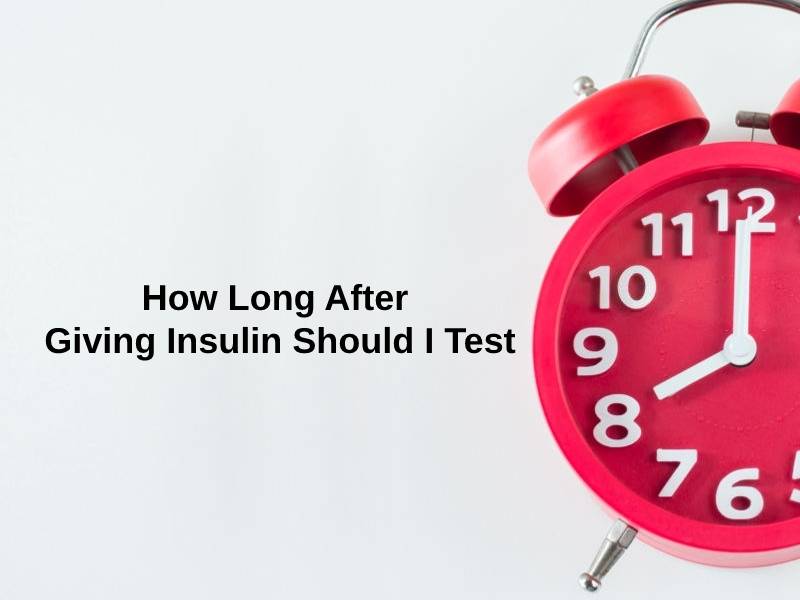
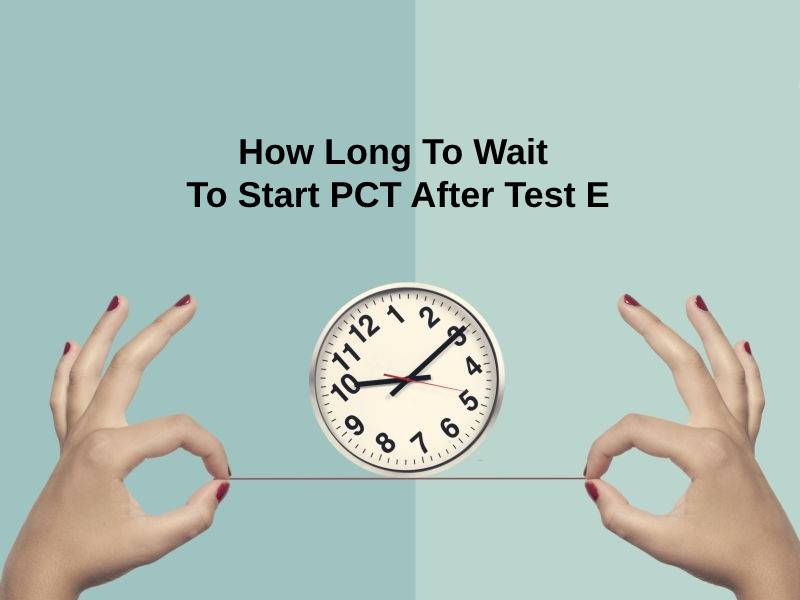
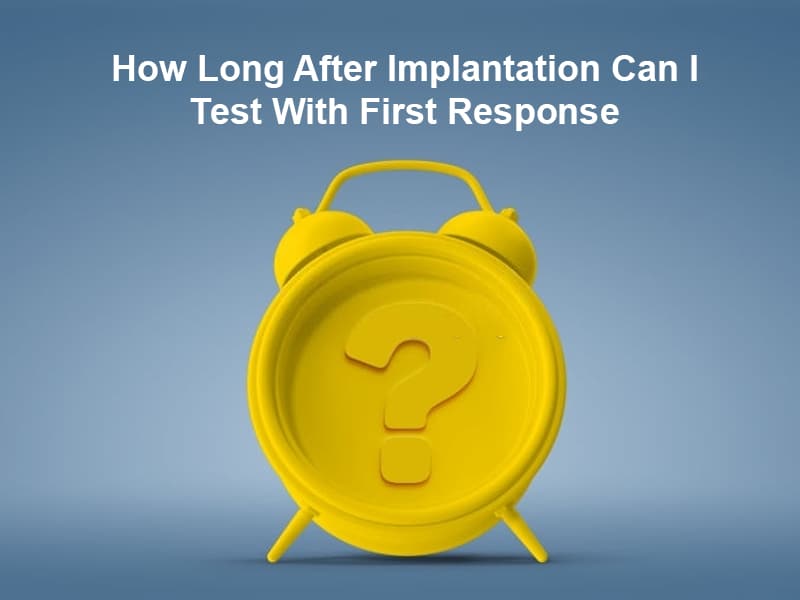
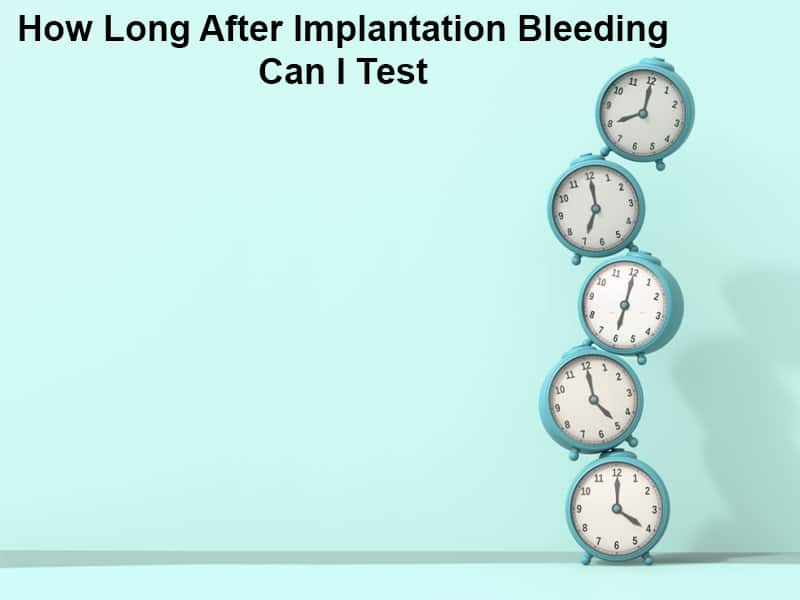

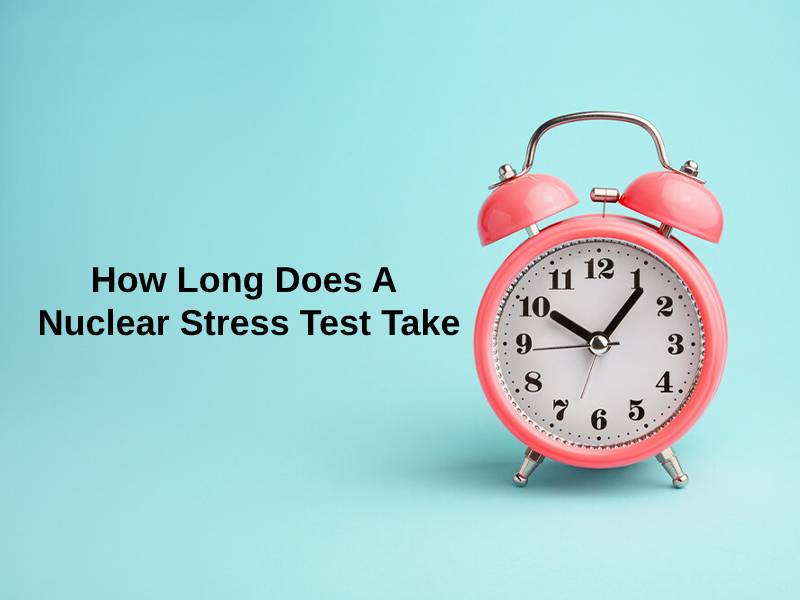
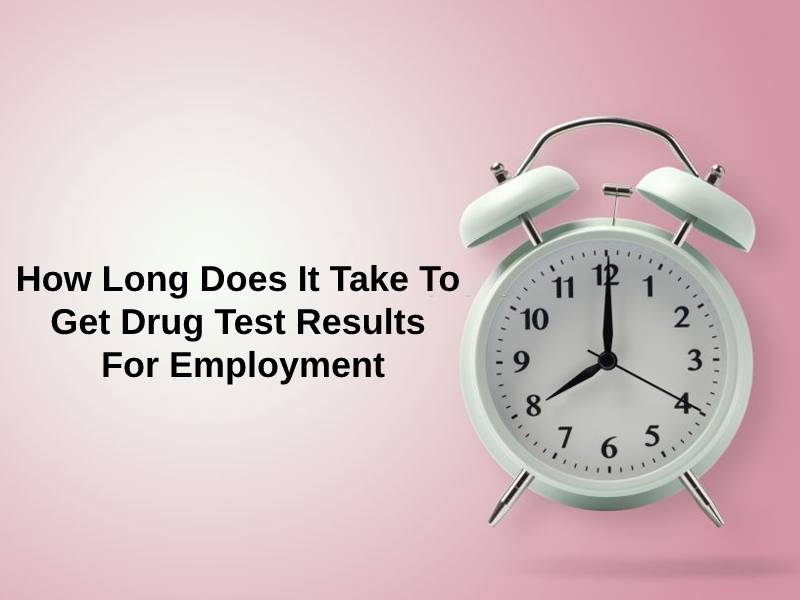
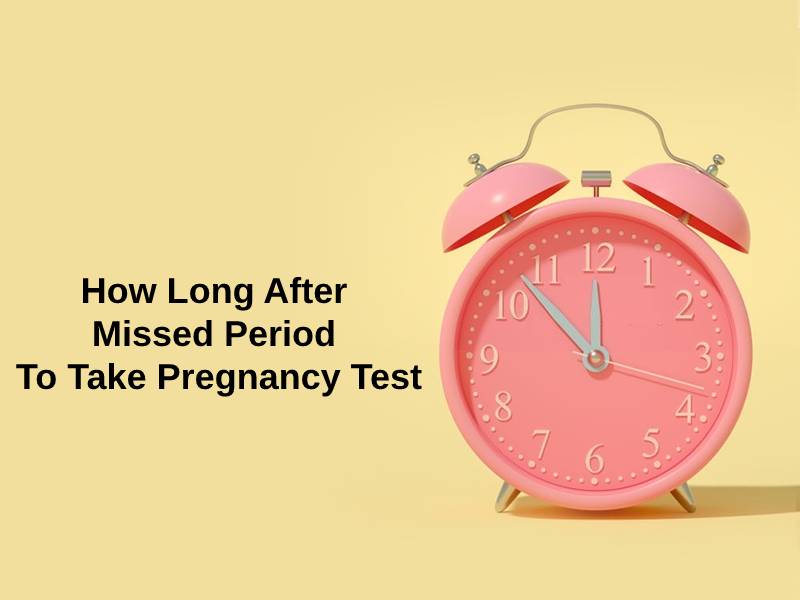
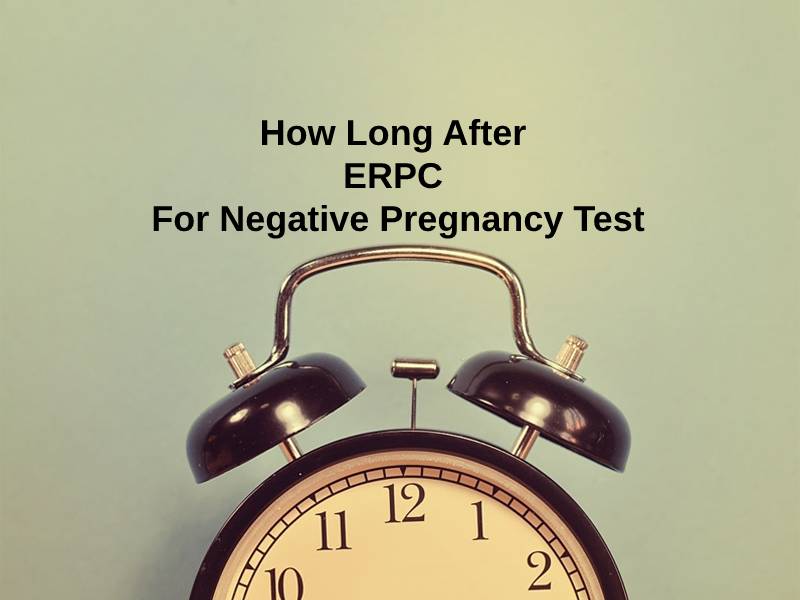


The article’s comprehensive explanation of the CVS test is a great resource for anyone seeking information about this procedure. It provides a balanced view of its benefits and limitations.
The level of detail in this article is valuable. It’s a good resource for those considering whether or not to undergo a CVS test.
This article explains the CVS test and post-procedure care clearly. I feel more informed about its process and potential effects.
Thanks for the informative article. The explanation of the different CVS procedures and possible after-effects is helpful.
The detailed explanation of the CVS test process and the importance of rest afterwards is valuable information for anyone considering this procedure.
I appreciate the detailed explanation. The time needed to rest after the test is important information for those who are considering getting a CVS.
CVS testing isn’t for everyone, and it’s important that people understand the conditions that may prompt this test. Thanks for presenting this information clearly.
The explanation of the accuracy and limitations of the CVS test is enlightening. It’s important to have realistic expectations about the results.
Thank you for the thorough information! It helped me understand what to expect from the CVS test and how to take care of myself afterwards.
The accuracy of CVS results is impressive, but it’s essential that people understand its limitations as well. Thanks for highlighting both aspects.